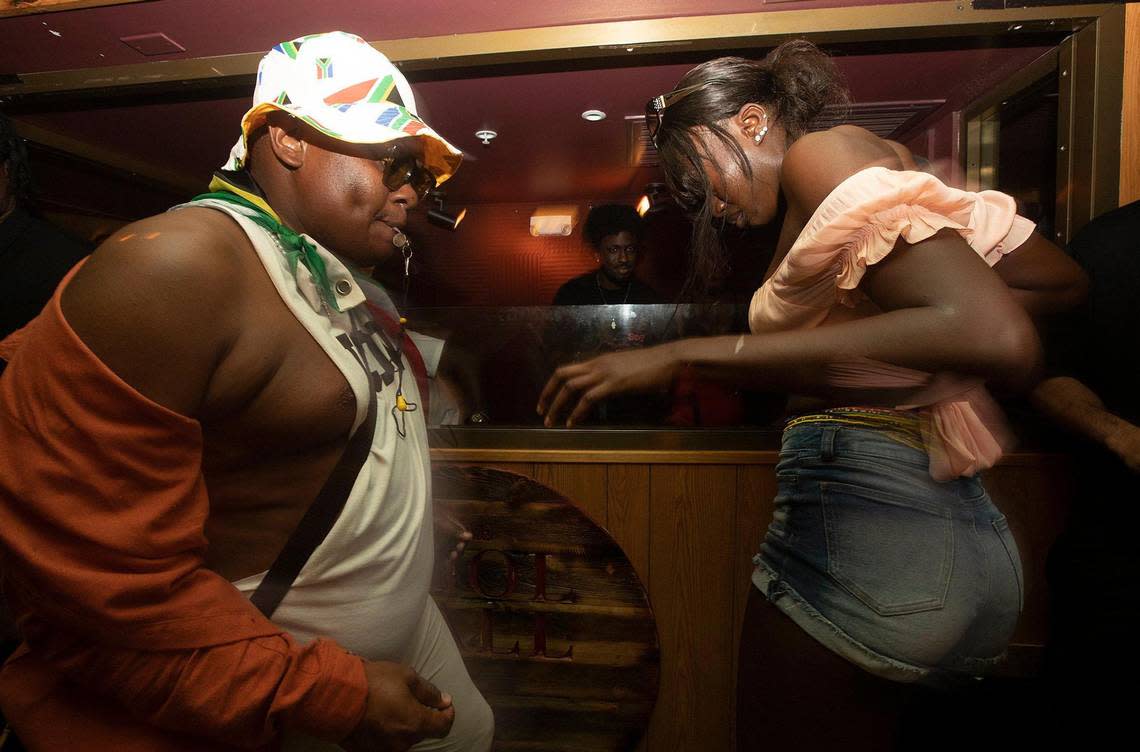This ‘unapologetically African’ house music called amapiano is taking over Miami
As you climb the steps to Red Rooster’s pool hall on a Saturday night, the faces of some of the 20th century’s best entertainers stare at you.
Aretha Franklin. Ray Charles. Miles Davis. Ella Fitzgerald. The list goes on and on.
But what you soon observe is a far cry from the R&B and soul that once earned Overtown the nickname “Harlem of the South.” The sporadic spurt of the whistle, the dances, the pulsating bass of the log drum that often hits the chest — all are aspects of amapiano, a genre hailing from South Africa that’s poised to soon be a worldwide phenomenon.
“The energy is unlike anything else,” said Walshy Fire, one third of DJ trio Major Lazer alongside Diplo and Ape Drums. Major Lazer recently released a collaborative amapiano project entitled “Piano Republik” with Major League DJz, the identical twin producer duo whose Balcony Mixes during lockdown helped grow the genre. “It doesn’t sound like anything else. There’s nothing else going on like this energy.”
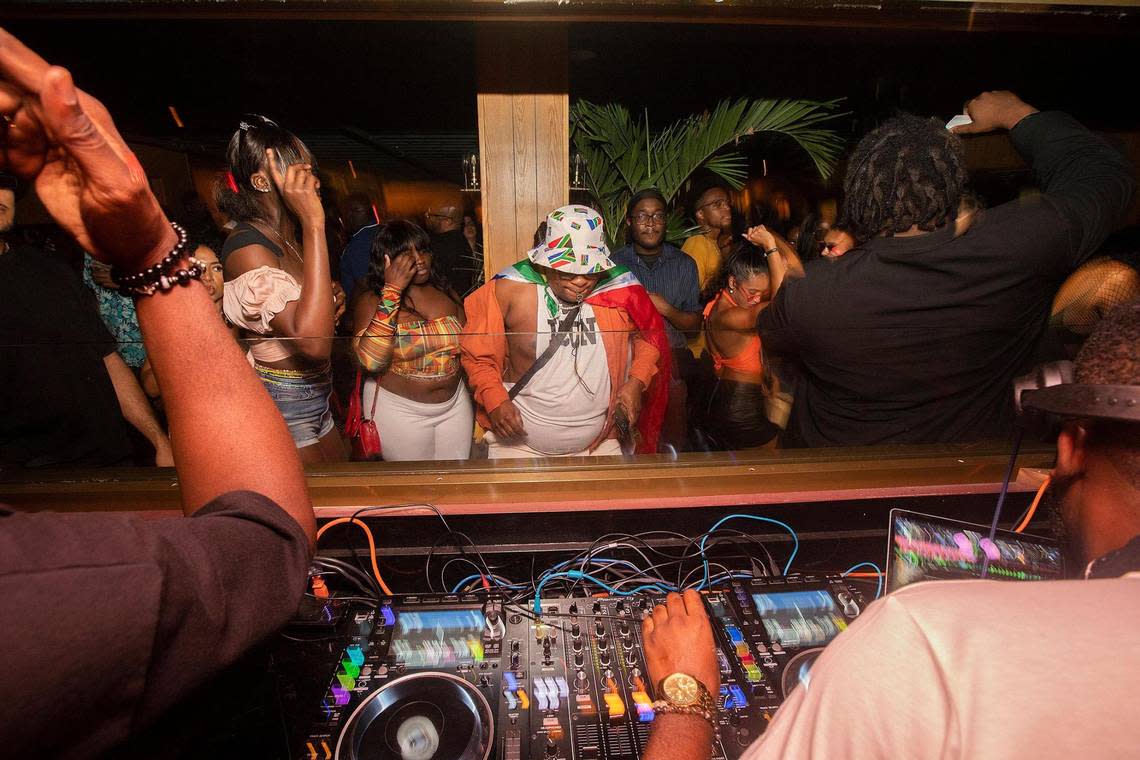
A derivative of house music with a clear jazzy, sometimes bluesy influence, amapiano has become South Africa’s biggest musical export. The name comes from a Zulu word that means “the pianos.” Some of Afrobeats’ greatest stars — from Burna Boy to Wizkid to Davido — have already hopped on the amapiano wave. In Miami, a place known for its club scene, the genre has already taken root. Parties like The Shrine at Overtown’s Red Rooster and Stamped in Wynwood already cater towards yanos, or amapiano super fans. At Afro Nation Miami, billed as “the world’s biggest Afrobeats festival,” a piano people stage will debut, a signal of the genre’s growth. Lutho Mpinini, a South Africa native who moved to Miami nine months ago, has been a mainstay at Shrine, saying that the party reminds him of home.
“When amapiano plays, I forget everything,” said Mpinni who can sometimes be seen waving the South African flag, a whistle dangling around his neck. “I love the yanos. I love amapiano. When I’m here and amapiano plays, I feel like I’m in South Africa. I feel like I’m part of my country.”
Originating in the early 2010s, amapiano’s popularity grew significantly during 2020. When the world shut down, people were looking for something new. Something exciting. Something to take their mind off the problems at hand. Then there was social media: the explosion of TikTok allowed users across the globe the opportunity to preview a burgeoning genre that would soon spawn all sorts of new dance trends. Now that the world is back open, it’s crazy to see how the genre is beginning to take over, says Zeinabou Munyaradzi.
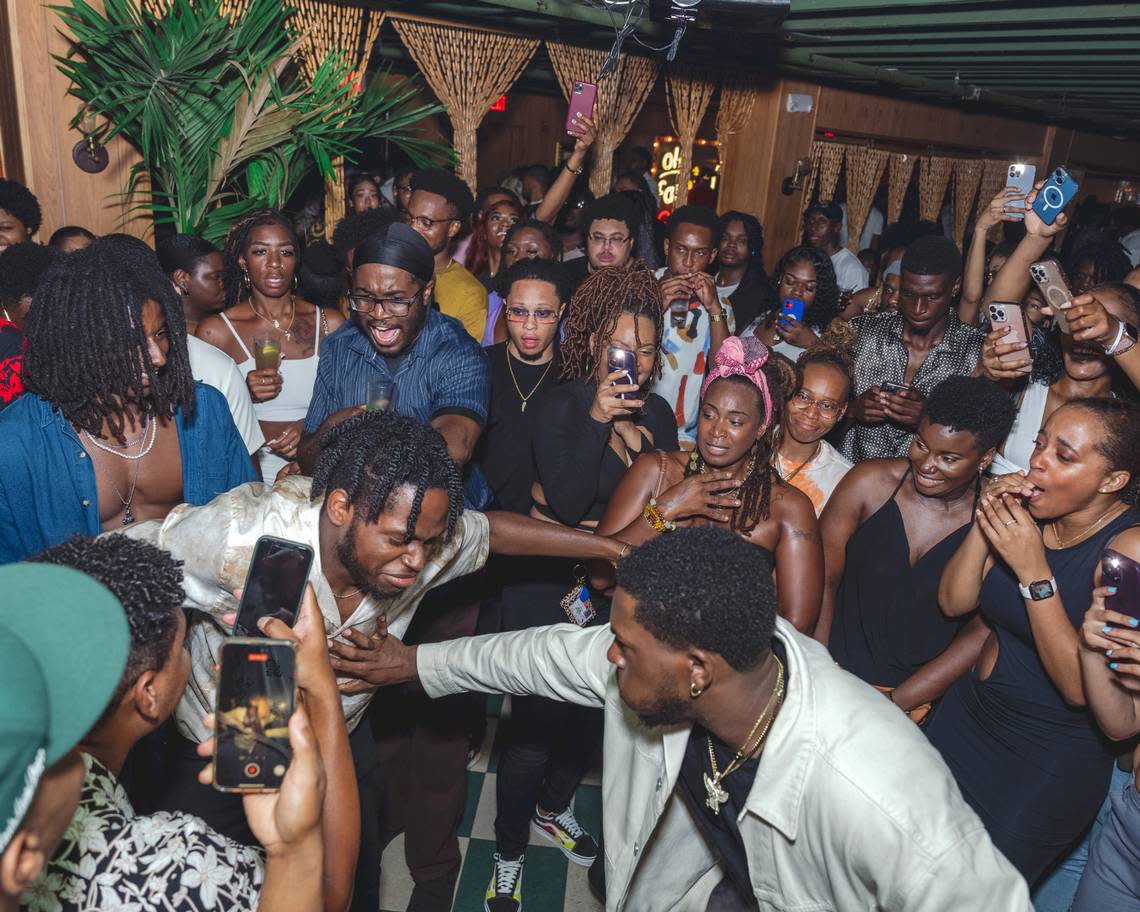
“You can see people dancing and you’re not going to assume this person knows this song because they’re South African: it’s just because what social media has done to help” the genre, said Munyaradzi, a lifestyle content creator and native Zimbabwean. “When you go to the parties, you see people doing the exact same trends, putting their own spin on it, having dance battles. That’s wild.”
Part of what makes amapiano so refreshing is that it’s far more lighthearted than other genres. Most of the songs are about simply having fun. Even more significant, the music is being driven by women: from Uncle Waffles to DBN Gogo to Pabi Cooper, it’s abundantly clear who’s really running the genre.
“Women are dictating the culture,” said Cameroonian DJ Leslie “Aya” Ayafor, the brains behind Stamped, held once a month at Copal Rooftop Bar above Pez Loco in Wynwood.
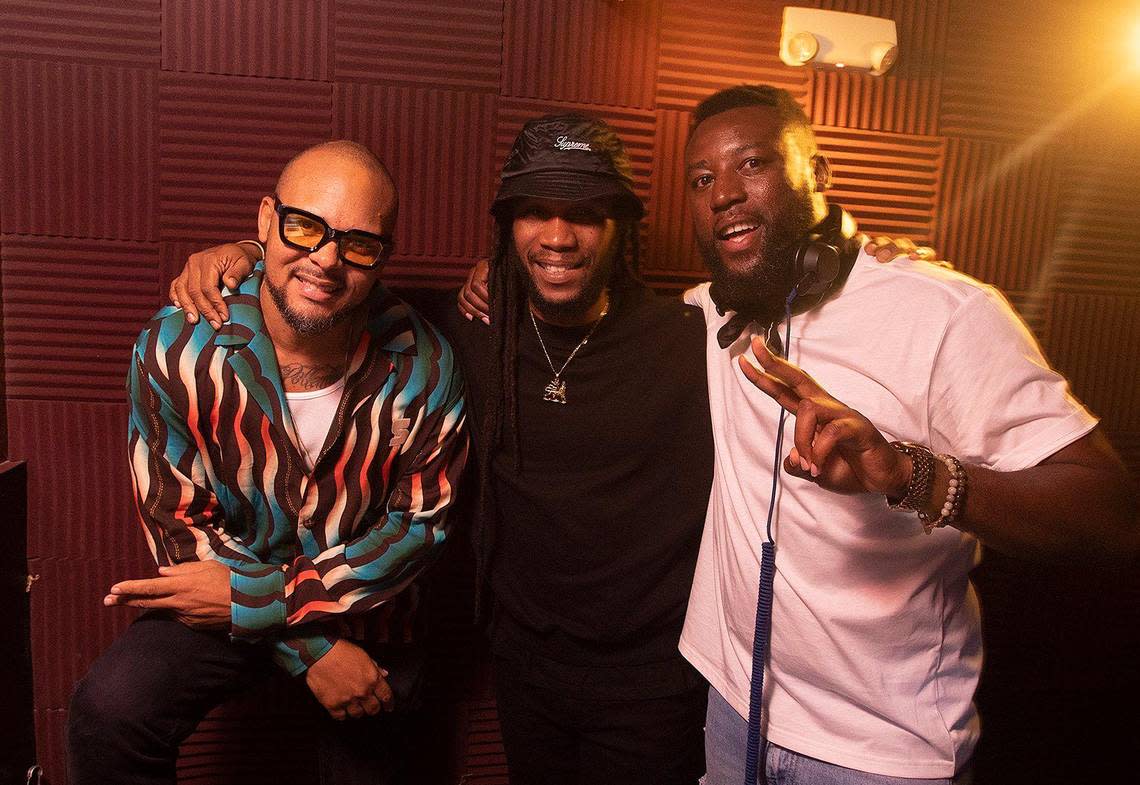
Added Munyaradzi: “There are so many women artists that are killing it. There are so many female DJs that are killing it. They are able to straddle both sides of the fence of being like this super cool, sexy woman who’s got a full man entourage behind them just like Meg Thee Stallion or any other woman rapper.”
In a sense, amapiano is a reclamation of house music, according to Walshy Fire. The Miami native explained how house music developed out of parties in Chicago and Detroit in the 1970s before exploding in the 1980s. By the 2000s, however, it was “fully taken over.”
“You barely have any black people that are performing it, DJing it and Black people just stop liking house music altogether,” Walshy Fire added. Amapiano, however, has provided what he calls “a real reset.”
“No matter where you are, you play an amapiano song, Black people going to dance, Black people are gonna resonate, Black people are gonna somehow be like, ‘Why does this feel so familiar?’” Walshy Fire continued. “And I can’t explain that except to say this is already happened in our mental DNA.”
That it took South Africa, a place where art has long since been a tool of resistance, to bring many Black people back to house music makes sense to Jason Panton, a Jamaican producer and DJ. Part of his father’s family is Nigerian and it was that side of the family that introduced him to Afrobeats. A desire to connect his Caribbean heritage with that of the motherland or, in his words “unite the diaspora,” inspired Panton to start The Shrine, a weekly party at Red Rooster Overtown that combines the sounds of amapiano with dancehall, Afrobeats and reggae.
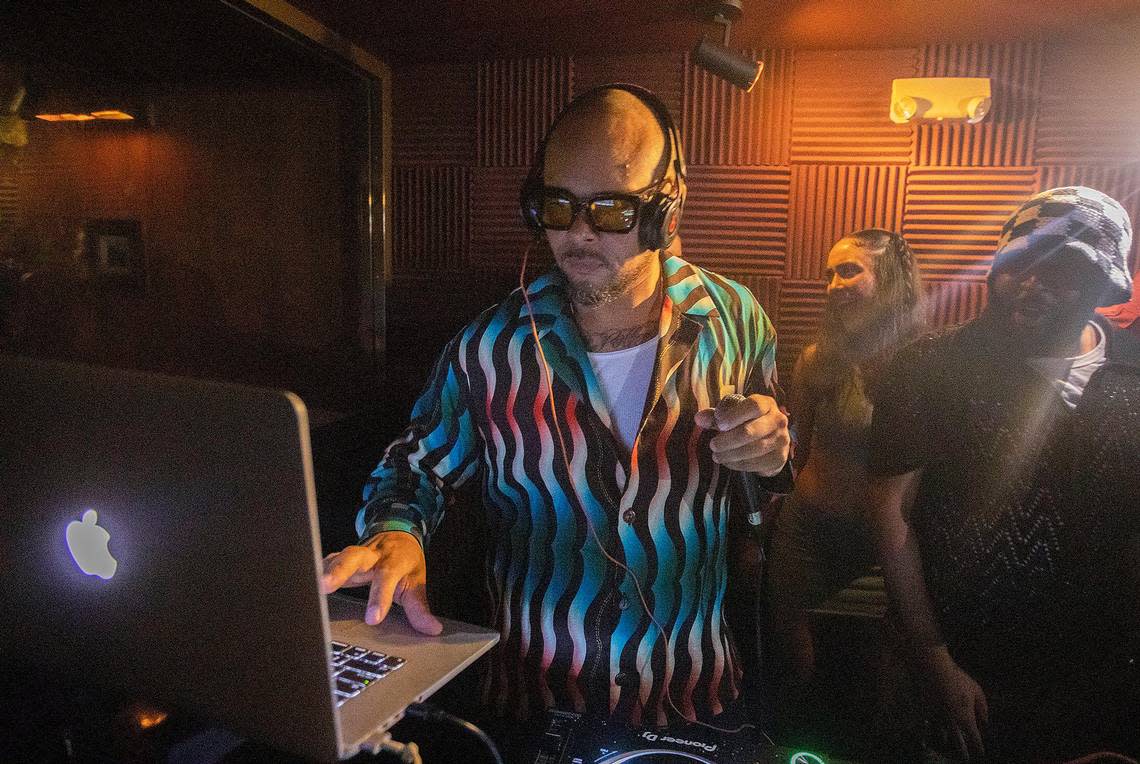
“A lot of who we are and what we love is coming from Africa,” Panton said. Amapiano, he added, “represents the next frontier.” “It’s unapologetic. It’s not trying to speak in English, per say. It’s not trying to win an international audience, per say. It is doing what it does and the people are appreciating it for what it is.”
And in a place where Latin music is often the dominant sound, it’s amazing to see something that’s as Afrocentric as amapiano take over, added Ayafor.
“Miami has done too much to cater to other demographics,” Ayafor continued. “It’s time to be unapologetically African.”
